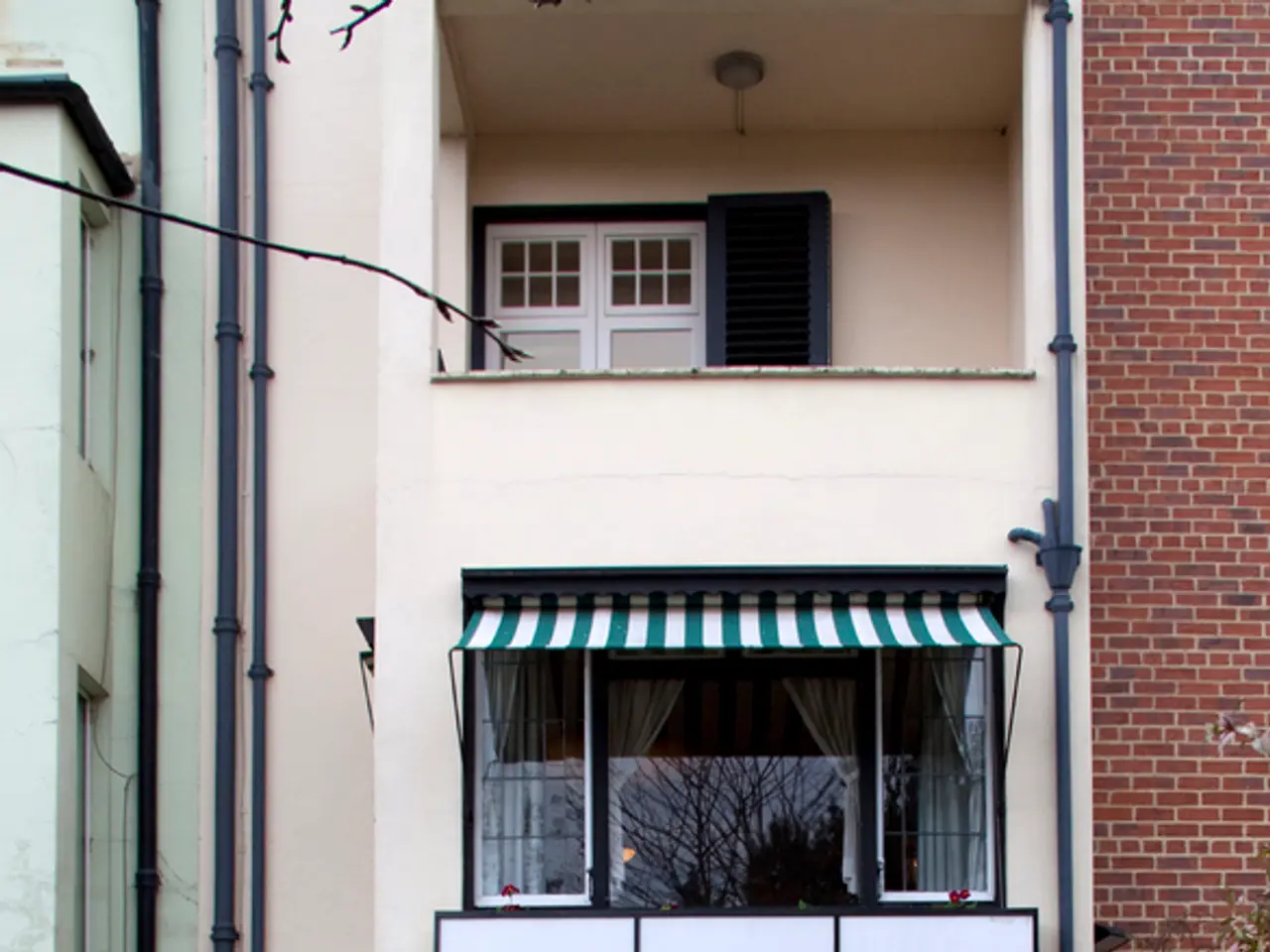Over 50% of workers reside with their families or within family households
In Argentina and many other Latin American countries, achieving financial independence remains a daunting task for many. Chronic economic instability, high inflation rates, heavy foreign debt burdens, and fiscal mismanagement are some of the primary reasons for this struggle.
Since the 1970s, these nations have been grappling with foreign debt accumulation, which became unsustainable during global recessions and rising interest rates in the 1980s. This led to debt rescheduling, fiscal austerity, currency depreciation, and hyperinflation, particularly evident in Argentina and Brazil, causing real wages to fall and economic growth to stagnate or contract. Inflation erodes savings and purchasing power, making it harder for individuals to build financial security.
Moreover, macroeconomic instability is often exacerbated by political instability, corruption, and policy inconsistency. For instance, Puerto Rico, though a U.S. territory, demonstrates how governmental mismanagement and corruption compound economic difficulties, resulting in high unemployment, poverty rates, and lack of economic dynamism, all of which hinder personal financial advancement.
Limited access to stable and inclusive financial systems, as well as exposure to external shocks like commodity price fluctuations, natural disasters, or pandemics, further undermine economic prospects for many. The volatility in currency and fiscal management, along with institutional weaknesses, creates an environment where saving and investment for long-term financial independence are risky and discouraged.
A recent survey revealed that these systemic issues affect both women and men, as well as other genders. In Argentina, 54% of the labor market has not achieved independence and continues to live with their family. The survey found that 85% of respondents believe that achieving independence today is more difficult than it was ten years ago.
Inflation, job precarity, and lack of housing access policies are factors that recur throughout much of Latin America. For example, in Chile, 62% of talents still reside in the family home, while in Ecuador, 58% and in Peru, 56% of talents still live with their families.
These challenges persist, making it difficult for individuals to achieve financial independence. The survey showed that 14% of those currently living with their family in Argentina returned home after a separation, 24% after losing their job, and 11% due to the general increase in costs. Other reasons included insufficient salary (20%) and various other factors (22%).
In conclusion, the path to financial independence in Argentina and Latin America is fraught with economic instability, political turmoil, and limited access to financial resources. These systemic issues require comprehensive solutions to create an environment where individuals can save, invest, and build a secure financial future.
Maintaining a healthy lifestyle and tending to home-and-garden can provide small comforts and a sense of control in the face of economic instability. Additionally, adopting a prudent lifestyle with a focus on savings could potentially help individuals build some financial security, even within the context of economic uncertainty.




